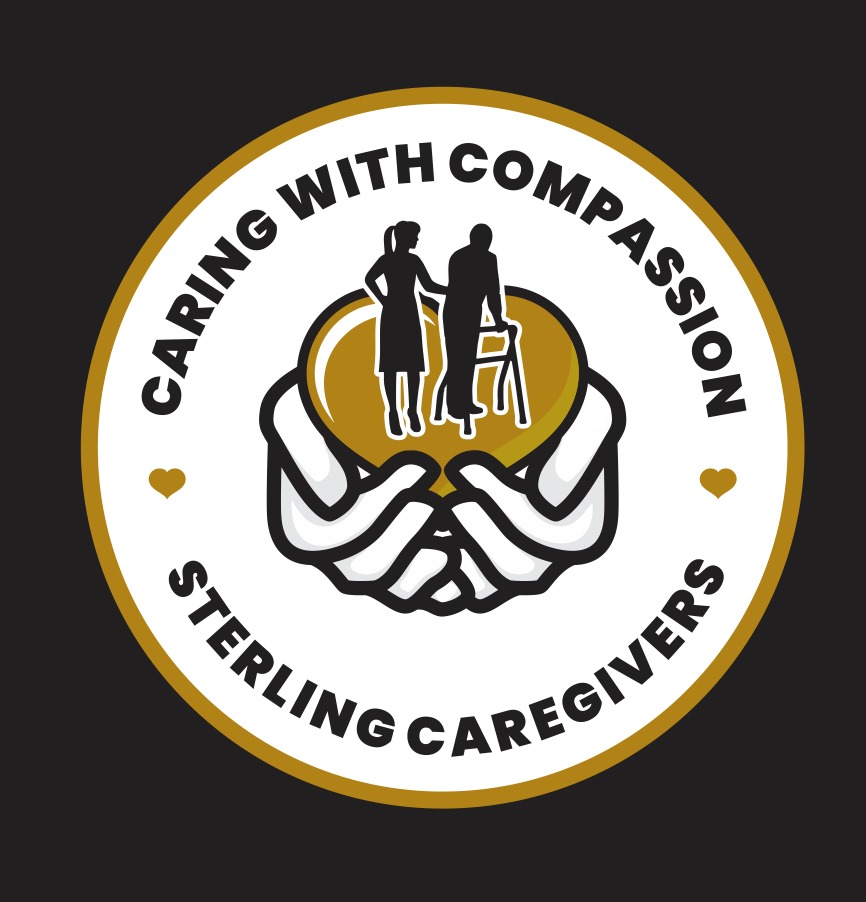Consider Your Choices
If you are fortunate enough to live to be 70 or older, you or someone close to you is likely to face a healthcare and/or aging issue. In our experience assisting families for several years, it is almost always a crisis situation when people reach out for assistance, and they rarely have a clear understanding of the realities of options. You may be reading this to be proactive or perhaps because a crisis is brewing in your family. Below are some of the care options available to you to assist in your decision-making process.
Nursing Homes with Medical Care
Long-term care facilities offer a wide range of services and environments. These facilities can provide excellent care for short-term rehabilitation or long-term needs, often featuring modern amenities and a focus on resident well-being. It’s important to remember that the quality of care can vary. To find the best fit, consider recommendations from trusted healthcare professionals and schedule visits to different facilities to assess their offerings in person.
Senior Housing with Assistance
Independent living communities with support services offer many advantages, but they may not be suitable for someone requiring constant, one-on-one assistance. Individuals in assisted living who need ongoing, individual care due to safety concerns or extensive care needs may benefit from additional in-home care services. While the combined cost of assisted living and private care might not be ideal long-term, there are other options to consider.
For those with memory loss, a significant advantage of assisted living communities is the structured environment and opportunities for social interaction. While a specialized memory care unit might not be initially attractive to a family member, it’s important to remember these units are specifically designed to promote safety, reduce anxiety, and provide engaging activities – all of which can benefit the individual with memory loss.
In-Home Care Services
In-home care services can be a valuable and practical option for many families, offering a variety of benefits for both patients and caregivers. While these services are typically self-funded, some healthcare professionals may not be aware of the full range of financial options available. It’s important to remember that in-home care is a personal decision, and exploring this option can provide much-needed support on a temporary or long-term basis.
Services for People with Dementia
Supporting the caregiver of someone with memory loss is just as crucial as caring for the individual themselves. Exhaustion is a common concern, and it’s not unusual for caregivers to experience health problems due to stress. To ensure the well-being of both parties, prioritizing regular breaks for the caregiver throughout the day and promoting uninterrupted sleep at night is essential.
End-of-Life Care
Comfort care at home services can be a significant source of support for families prioritizing their loved one’s well-being and comfort during their final stages. This service, often covered by Medicare, provides necessary medical equipment and medications to manage the patient’s comfort at home. Intermittent care from nurses helps guide family members on the care plan, and many families find it beneficial to arrange additional caregiver support, particularly in assisted living settings or when family availability is limited.
